Garbage Barge Teaching Resources
Here Comes the Garbage Barge!
Inspired by the story of the Garbage Barge in 1987 this lesson plan brings recent history to life, with the help of the book “Here Comes The Garbage Barge”.
CAUTION: this lesson may provoke discussion of waste issues!
In 1987 a barge loaded with rubbish made the trip of a lifetime. It travelled all the way from its point of origin on Long Island, New York, USA, down the coast to North Carolina, then southwards and onwards, via Louisiana to Mexico, Belize, Florida. It eventually returned to Long Island after 9 months at sea. A book, named Here Comes the Garbage Barge, written in 2010 by Jonah Winter, conjures up the story. It is illustrated with fascinating pictures, and brought to life in a Youtube video. Follow the story with your class, and find out the differences between fact and fiction in another Youtube video. See both on our Youtube video channel here.
The Garbage Barge lesson PowerPoint
There are a huge selection of books available that can help teach children about waste, recycling and the environment. Here we list and review some of our favourites.
Take a look at our other teaching resources too!

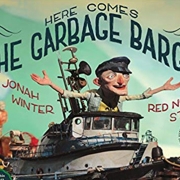
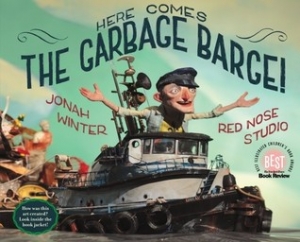
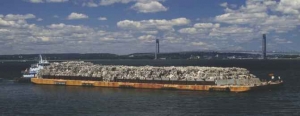
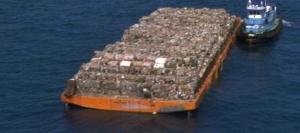
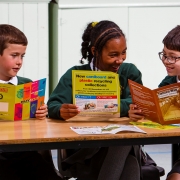
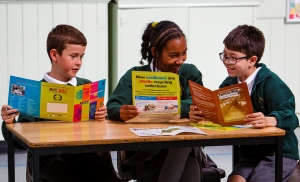
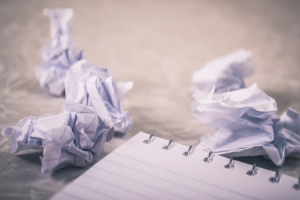
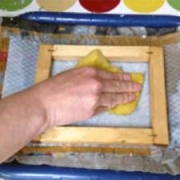
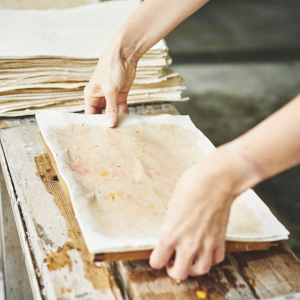
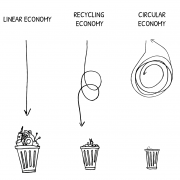
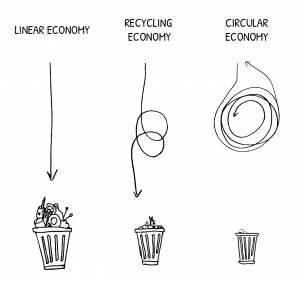
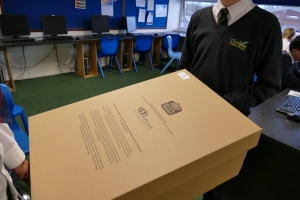
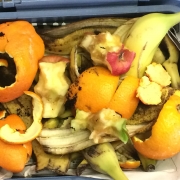
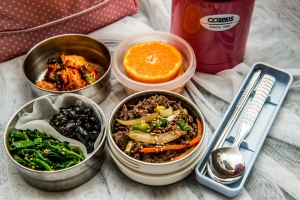
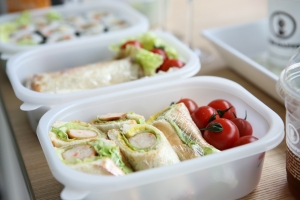
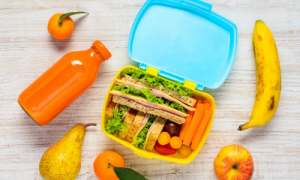
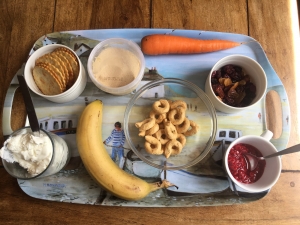
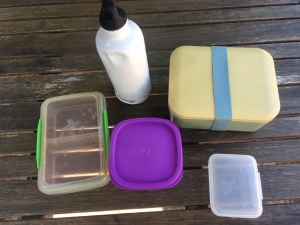
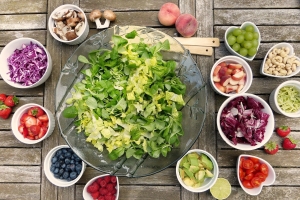
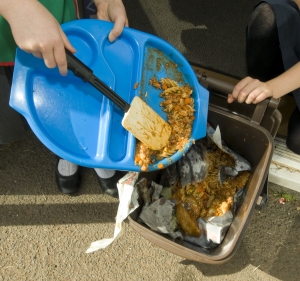
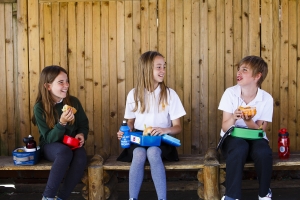
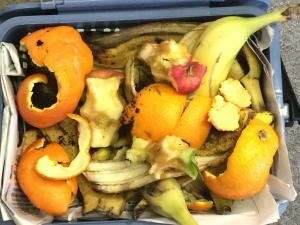
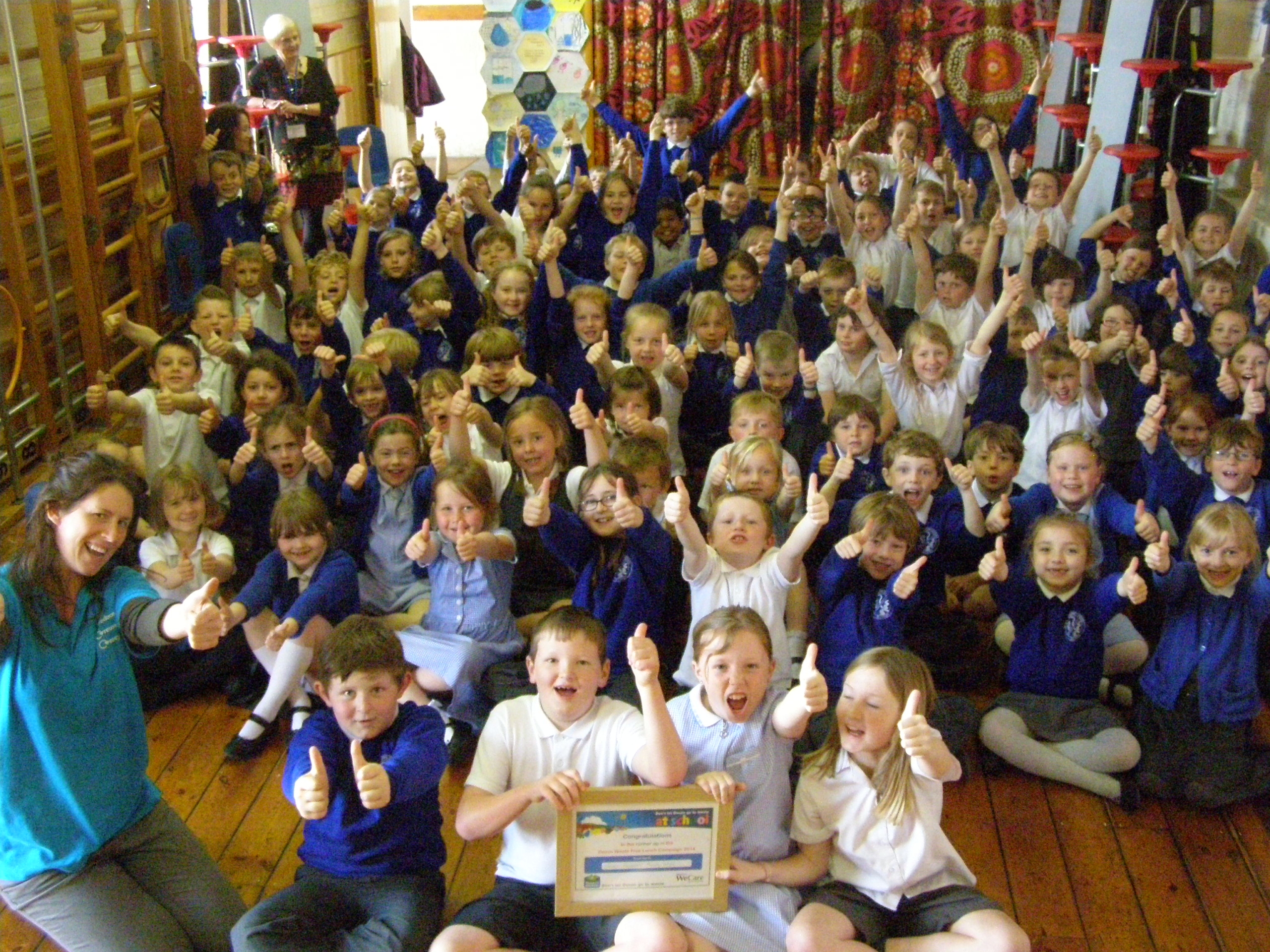
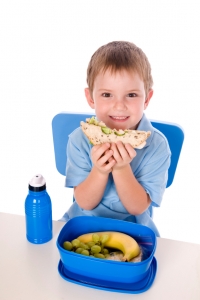
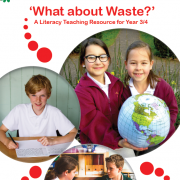
 What about Waste? has been developed by an experienced KS2 teacher to develop pupils’ core literacy l skills while extending their understanding of waste issues. It comprises 10 clear and easy to use lesson plans and their supporting documents, which address literacy objectives for year 3/4 pupils using the topical theme of rubbish and the 3Rs (Reduce, Reuse and Recycle). Areas covered are: explanation, instruction, persuasive writing, play script writing, play script performance, poetry writing and poetry performance.
What about Waste? has been developed by an experienced KS2 teacher to develop pupils’ core literacy l skills while extending their understanding of waste issues. It comprises 10 clear and easy to use lesson plans and their supporting documents, which address literacy objectives for year 3/4 pupils using the topical theme of rubbish and the 3Rs (Reduce, Reuse and Recycle). Areas covered are: explanation, instruction, persuasive writing, play script writing, play script performance, poetry writing and poetry performance.
 This year 5/6 teaching resource comprises of 10 lesson plans and their supporting documents, which addresses literacy objectives using the topical theme of rubbish and the 3Rs (Reduce, Reuse and Recycle). Areas covered are: recount, instruction, explanation, persuasive writing, descriptive language, descriptive writing, poetry writing and poetry performance.
This year 5/6 teaching resource comprises of 10 lesson plans and their supporting documents, which addresses literacy objectives using the topical theme of rubbish and the 3Rs (Reduce, Reuse and Recycle). Areas covered are: recount, instruction, explanation, persuasive writing, descriptive language, descriptive writing, poetry writing and poetry performance. 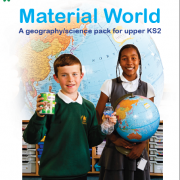

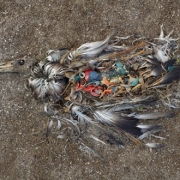
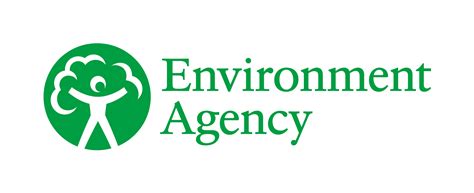 A set of 4 lessons produced by the Environment Agency to help teach about plastic pollution. The Plastics team of the Environment Agency have produced a set of resources for teachers and other professionals to teach primary school children about the plastic pollution problem and to help children realise that we all have a part to play in making plastic pollution a thing of the past. The resources can be downloaded below and are divided into different Key stages: Key Stage 1 Lower (Year 1, children aged 5-6), Key Stage 1 Upper (Year 2, children aged 6-7), Key Stage 2 Lower (Year 3/4, children aged 7-9), Key Stage 2 Upper (Year 5/6, children aged 9-11).
A set of 4 lessons produced by the Environment Agency to help teach about plastic pollution. The Plastics team of the Environment Agency have produced a set of resources for teachers and other professionals to teach primary school children about the plastic pollution problem and to help children realise that we all have a part to play in making plastic pollution a thing of the past. The resources can be downloaded below and are divided into different Key stages: Key Stage 1 Lower (Year 1, children aged 5-6), Key Stage 1 Upper (Year 2, children aged 6-7), Key Stage 2 Lower (Year 3/4, children aged 7-9), Key Stage 2 Upper (Year 5/6, children aged 9-11). 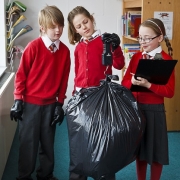
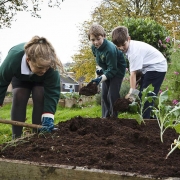
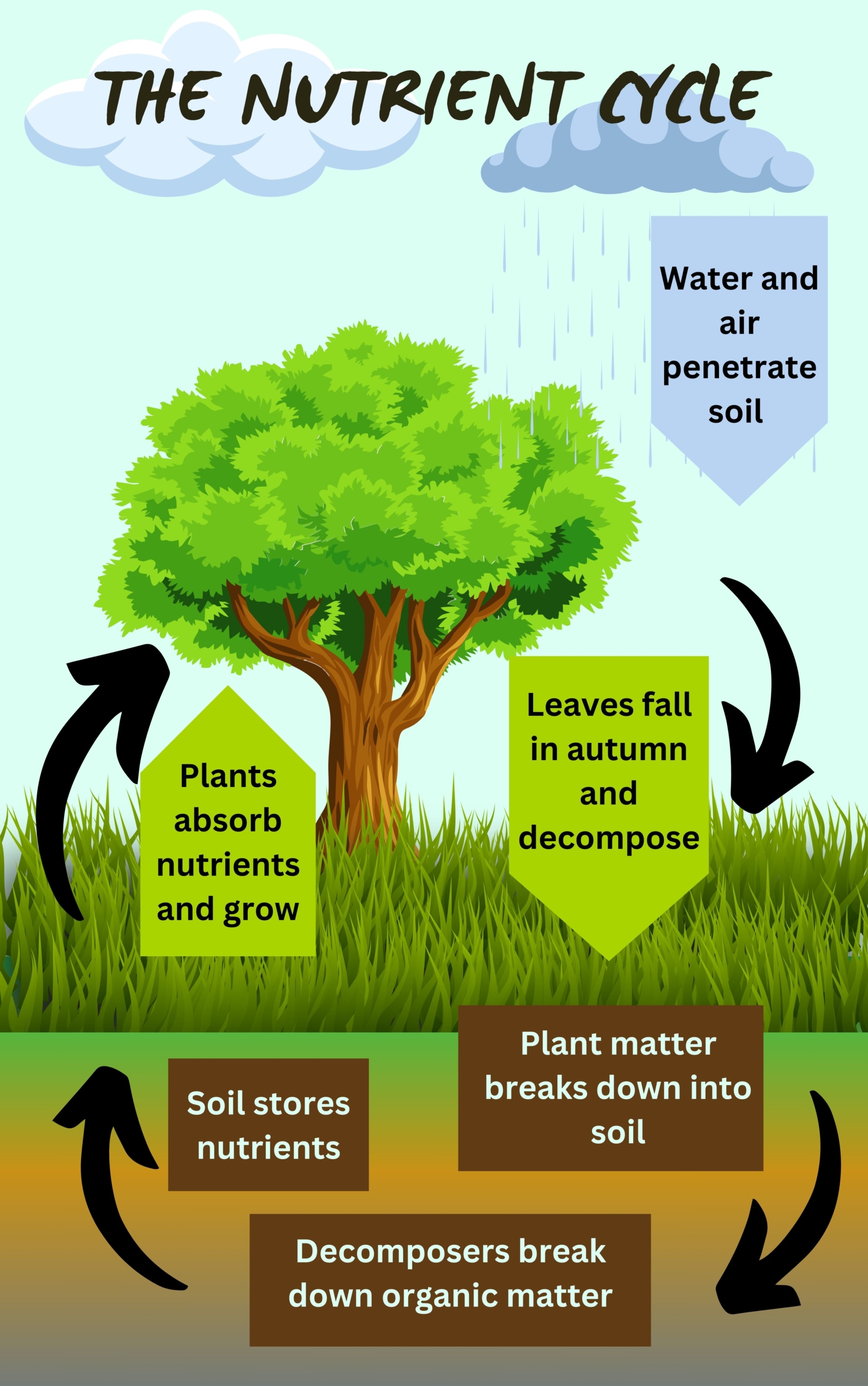
 This guide has been written for schools interested in composting their cooked food waste as well as cores and peels.
This guide has been written for schools interested in composting their cooked food waste as well as cores and peels.